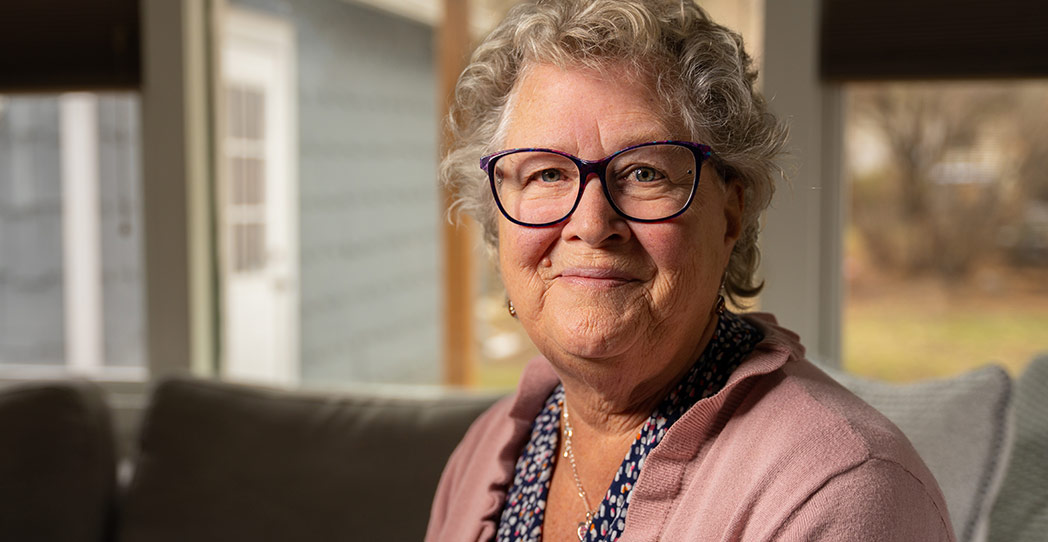Percutaneous Coronary Intervention Program
Henry Ford has achieved one of the highest success rates in the world for CTO PCI.
At the Henry Ford Heart & Vascular, we’re always looking for new ways to help people with heart disease live full and active lives – including those suffering from a chronic total occlusion (CTO) or completely blocked heart artery. Completely blocked coronary arteries can increase your risk of heart attack, heart failure, angina (heart pain) and the need for coronary artery bypass surgery. Our physicians at Henry Ford Hospital can unblock these chronic blocked arteries to reduce these risks. In addition, multiple studies have shown that opening chronically occluded coronary arteries can improve a patient’s quality of life.
CTO PCI procedure
One advanced procedure is known as chronic total occlusion percutaneous coronary intervention (CTO PCI), which uses catheters (thin tubes) and tiny wires to drill through or around complete blockages. It offers a minimally invasive alternative to heart bypass surgery that can significantly shorten hospital stays, recovery time and pain.
Am I eligible for percutaneous coronary intervention to unblock my chronically occluded coronary artery?
As leading experts, we make treatment available to all patients, including those who may have been told there are no other options for them. You may be a candidate for CTO PCI at Henry Ford if:
- You have a chronic total occlusion
- You have angina (chest pain, shortness of breath or extreme fatigue), even if you have been told there are no other treatment options
- You have had heart bypass surgery and your artery has become completely blocked again
- You had a previous percutaneous coronary intervention procedure that was unsuccessful
CTO PCI: The Henry Ford difference
Percutaneous coronary intervention for completely blocked arteries is a delicate, challenging procedure, with a typical success rate of 60-70 percent. As a result, many hospitals shy away from performing this procedure.
Henry Ford Hospital is the most experienced medical center in Michigan and the upper Midwest for CTO PCI, and we have one of the highest case volumes in the nation. Under the direction of world-renowned percutaneous coronary intervention specialist Dr. Khaldoon Alaswad, director of the Henry Ford Hospital Cardiac Catheterization Laboratory, we have also achieved a 90 percent success rate – one of the highest in the world.
Other program features include:
- We are experienced with the most challenging cases, including those who had been told they were impossible to treat.
- Dr. Alaswad helped pioneer the use of radial access (through the wrist) for percutaneous coronary intervention and other interventional procedures. This is safer and more comfortable.
- We developed a support system for hemodynamics (blood pressure and blood flow out of the heart), so that patients can better tolerate the procedure.
- Our team of interventional cardiologists, nurses and other cardiovascular specialists has extensive experience with percutaneous coronary intervention cases and hemodynamic support for patients with a failing heart.
- We streamline referral to our program by helping to obtain necessary medical records, images and other documents.
- We treat patients from other states and countries, and can advise on local lodging and other considerations, We also provide a dedicated International Services team with concierge assistance for patients traveling from other countries.

